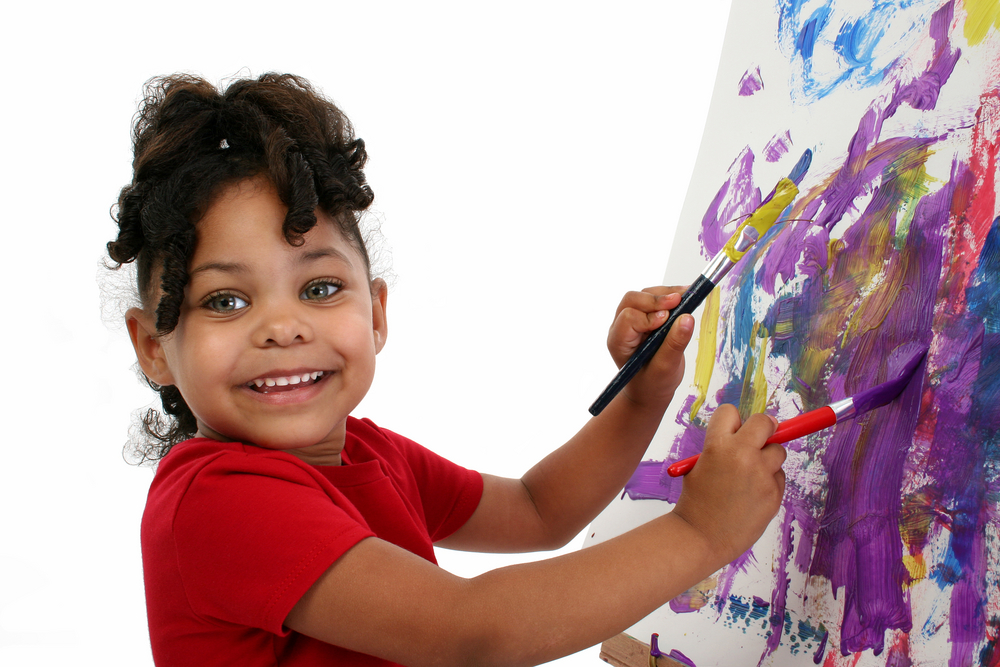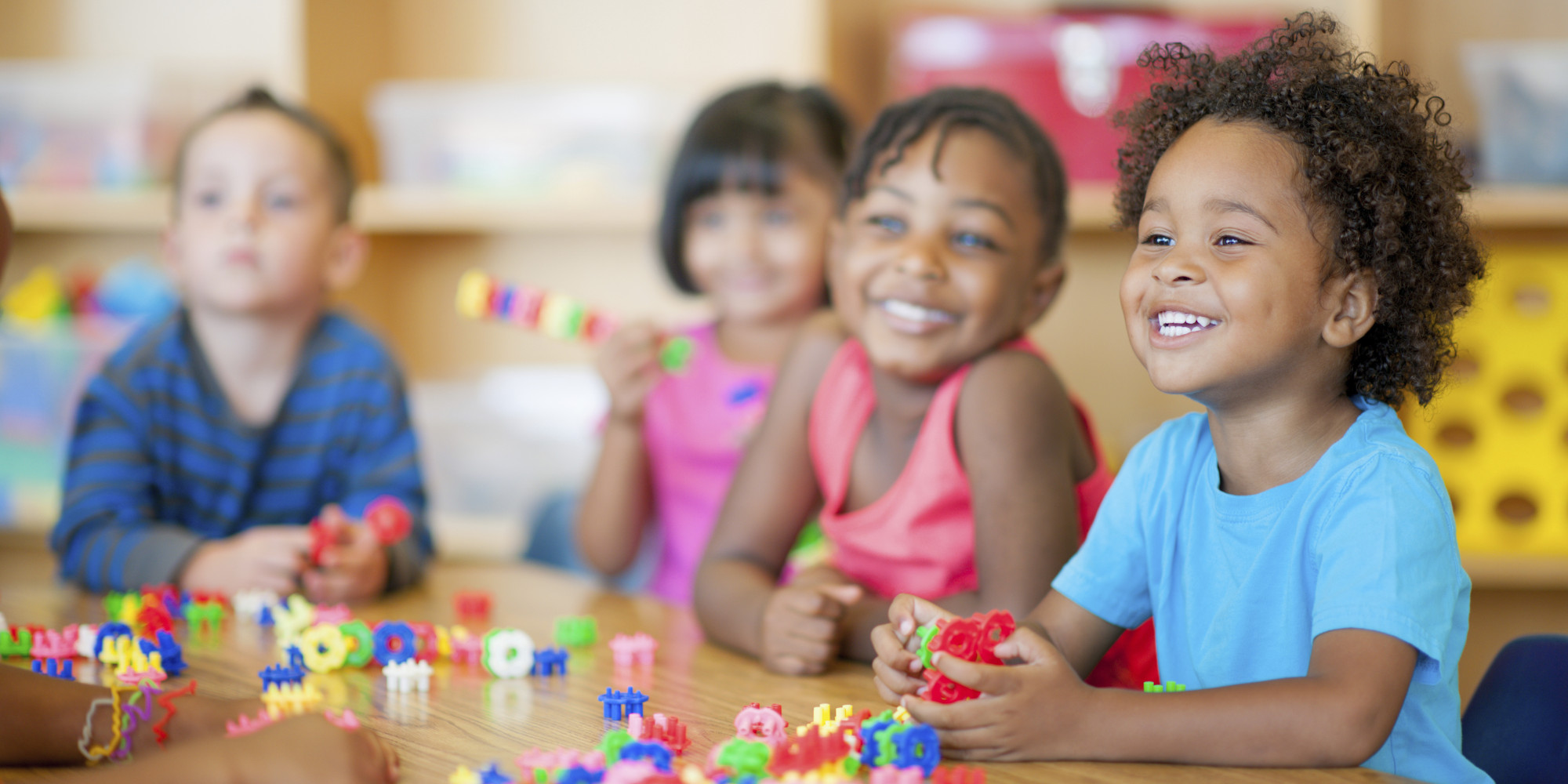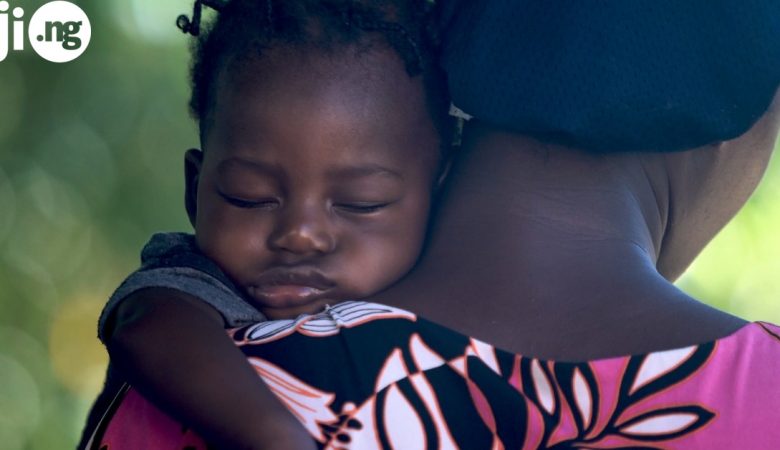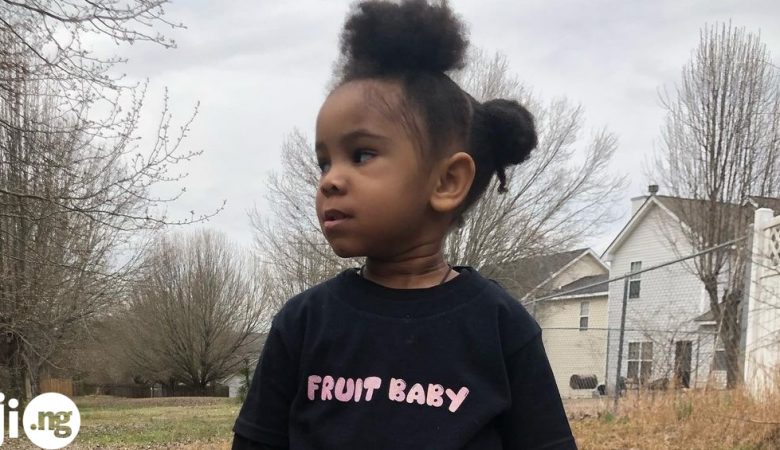Entering the kindergarten is a huge step both for the kids and their parents. Your child’s whole environment, from the studying process to sleeping schedule and from food preferences to communication, changes the moment he or she starts visiting the kindergarten regularly. As a parent preparing for kindergarten, you need to take care of many things, including buying new appropriate children’s clothing. However, the most important question is whether your child is ready to enter, and that’s a question we’ll try to answer today.
Kindergarten readiness
In the recent years the approach to determining whether a child is ready to join a kindergarten has changed greatly. In the past the main criterion was the kid’s age: as long as the child is old enough by the admission date, the kindergarten would happily accept anyone. Now both kindergarten parents and teachers care more about the child’s development than age. In order to qualify for a kindergarten and feel comfortable there, your kid has to be physically, socially, and cognitively developed.
While in an ideal world a child has all sets of skills developed on time and equally, but the reality is often very different. A child can have advanced physical development, but his language development may fall behind. Similarly, your kid can display high levels of mental development while lacking in terms of emotional development. It can be rather hard for a parent to correctly assess the various levels of development, so if you’re in doubt, let a professional educator, doctor, or child psychologist run a couple of tests to know the truth.
How to tell if your child is ready?
After you’ve talked to the people close to your child, like the doctor or preschool teacher, here are some questions you can answer to get a better understanding of what kindergarten readiness is and whether now is the right time to enter the kindergarten or should you wait for another year.
Is my child self-sufficient?
In order to make his stay at the kindergarten more comfortable, a child needs to be at least partially self-sufficient. In a kindergarten environment it means mostly being able to eat, go to the bathroom, and dress with minimal help from the teacher.
How are his fine motor skills?
Every kindergarten features a learning program that requires some skills from the child as well. It’s very important for a kid to be able to hold a pencil, cut the paper with scissors, form different shapes with the help of clay, and perform other educational activities that include motor skills.
Is he interested in learning?
A child can have high levels of mental and language development, but unless his motivation for learning is strong enough, the learning process will never reach its maximum effectiveness. For example, in order to learn to rid, a child has to show interest in books, even if it means simply looking at the pictures and trying to imagine his own story.
Does he get along with others?
In most cases, a kindergarten will be the first place where a child will spend the whole day with other children, but in order for that experience to be comfortable, your kid should have minimal social skills. Interacting with kids and teaching staff makes up a large part of the day in a kindergarten, so if a child doesn’t know how to share, take turns, ask politely, play nicely, and have a meaningful conversation, it may be too early for a kindergarten.
Buy affordable baby products on Jiji













